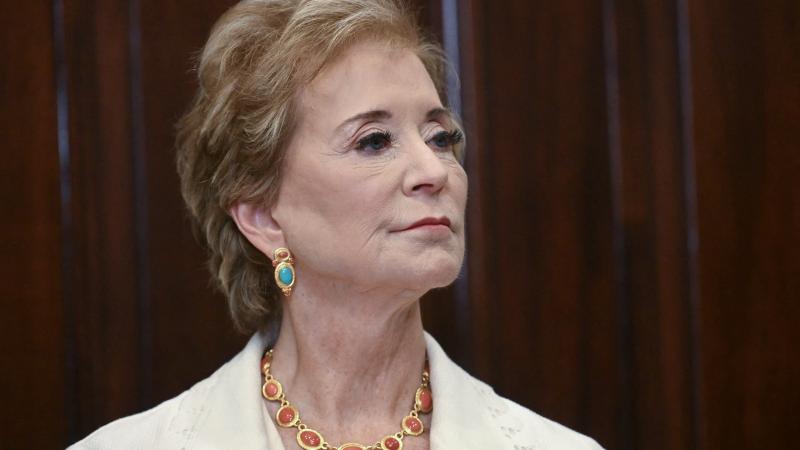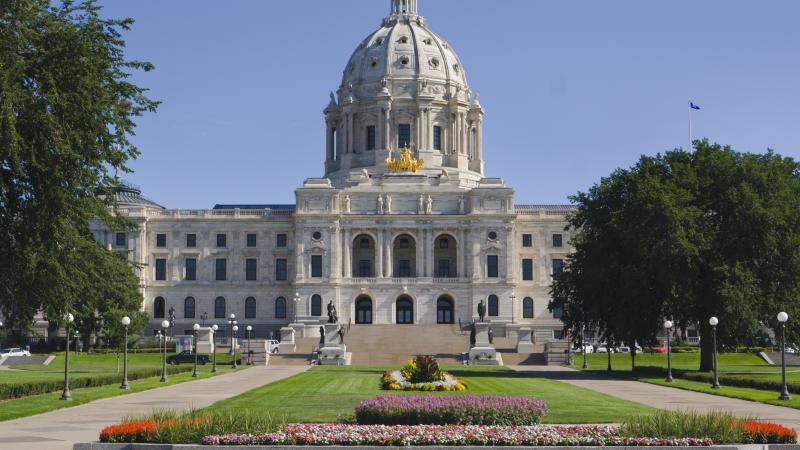University of Colorado Boulder offers courses on critical race theory
Courses entitled “Critical Race Theory,” “Spoken Word Latinx Poetics and Poetry,” and “Indigenous Representations in the United States” are all available through CU Boulder’s Department of Ethnic Studies.
(The Center Square) -
The University of Colorado Boulder offers courses on critical race theory, spoken word Latinx poetry, and the representation of American Indians in U.S. culture in its quest to challenge oppression.
Courses entitled “Critical Race Theory,” “Spoken Word Latinx Poetics and Poetry,” and “Indigenous Representations in the United States” are all available through CU Boulder’s Department of Ethnic Studies.
The Department of Ethnic Studies is “dedicated to centering the epistemologies, histories and lived experiences of marginalized communities of color and Indigenous nations in order to challenge and critique all forms of oppression and to advance emancipatory, self-determining futures for all people,” according to its website.
Neither CU Boulder media relations nor the Department of Ethnic Studies responded to requests for comment or provided syllabuses for the mentioned courses as requested.
The three-credit “Critical Race Theory: Soc Scnc Explrtn/Intrvntn into Crit Race St” course gives “an overview of the origins and evolution of Critical Race Theory (CRT),” according to its online description.
The course “critically compares and contrasts legal and extralegal social science approaches to CRT.”
“Critical Race Theory” additionally “exposes students to the ways in which CRT and Critical Ethnic Studies conceptually interconnects via CRT-derived discourses such as Critical Race Feminism, Critical White Studies, TribalCrit, LatCrit, AsianCrit, DesiCriti, QueerCrit and Decolonial/Postcolonial Critical Race Theory.”
The course is for graduate students only.
Also worth three credits, “Spoken Word Latinx Poetics and Poetry” is a “writing intensive workshop in contemporary poetry writing and Chicana/o and Latina/o poetics,” specifically focusing on “Nuyorican and Afro-Latino” poetics, according to its description.
The purpose of the course is to encourage and empower students “to express and develop their poetic voice” and to challenge students “to develop and refine their poetic craft.”
The course primarily examines “Chicana and Latino specific poetic expression that reflects the cultural mestizaje of Chicano/a and Latina/o peoples.”
“Indigenous Representations in the United States” is also worth three credits and – like “Critical Race Theory” – for graduates only.
“Indigenous Representations” examines “the relationship and negotiation of culture/status/place through representation(s) within and concerning Indigenous peoples/communities,” according to its description.
The course “focuses on U.S. representational forms in popular experiences e.g., literature, film, media and the roots of those representations via legal and medical definitions.”
“This investigation and analysis is supplemented with focus on gender as well as contextualization through global Indigenous portrayals,” according to the course description.
The University of Colorado Boulder’s Department of Ethnic Studies’ overview states that it “is an interdisciplinary field that is built upon four core disciplinary pillars of scholarship: Africana studies, Native American & Indigenous studies, Asian American studies and Chicanx/Latinx studies.”
“Our department stresses the unique contributions and perspectives of each pillar, while training our students to think and research across them in transdisciplinary, intersectional and critical ways,” the overview states.
“We draw upon our strengths in engaged scholarship and culturally-sustaining pedagogy to examine how race and the interrelated categories of culture, ethnicity, indigeneity, gender, class, sexuality, religion, dis/ability and legal status impact the past and present lives of people locally, regionally and globally,” the overview states.















